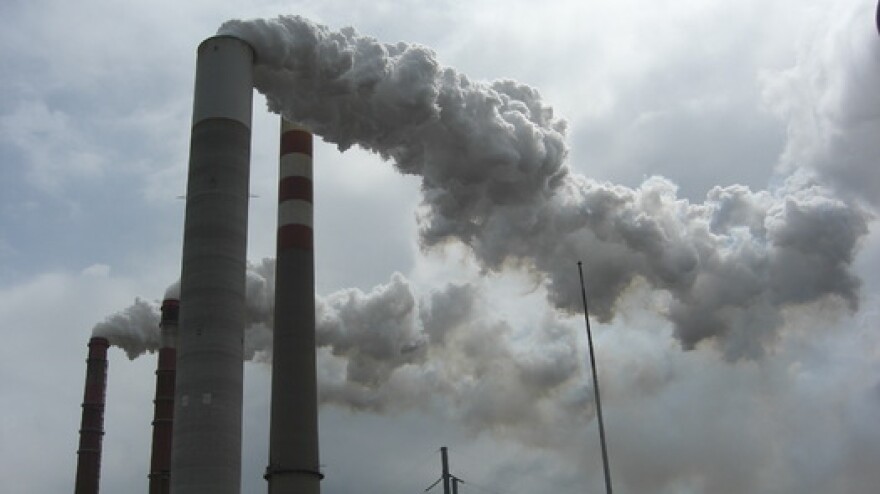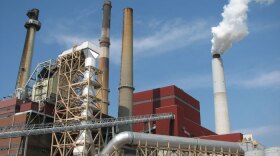Depending on whom you ask, the proposal for new EPA carbon pollution rules will be a new start for the Kentucky economy – or the new rules will drag the state down.
Given reductions that have already happened, Kentucky's power plants will have to cut their carbon dioxide emissions 20 percent more by the year 2030.
Critics say that will be expensive, but Wallace McMullen, energy chair for the Sierra Club in Kentucky, points out climate disasters linked to global warming have already cost Kentuckians some $850 million in 2011 and 2012.
"We've seen heavy storms, floods, wildfire and record drought here in Kentucky," says McMullen. "We've watched New Orleans get smashed and the coast of New Jersey get smashed."
The coal industry says the new regulations will be a devastating blow. Kentucky Coal Association President Bill Bissett warns that raising the cost of power will have an impact on the entire economy.
"Our low-cost electricity, which is one of the lowest in the nation, is going to rise, which is going to cause those jobs to move elsewhere," says Bissett. "That's not just going to hurt coal miners – that's going to hurt people in population centers and across the entire commonwealth."
The rule's supporters say polluting industries often wildly exaggerate the cost of cleaning up their act. The Sierra Club claims every dollar spent on clean air compliance since 1970 has actually produced $4 to $8 in increased economic activity.
McMullen says the easy-to-get coal has already been mined, and the shift to other ways of generating electricity has already started. He sees the new rules as a chance for Kentucky to make a new start.
"The real war on coal is the low price of natural gas," says McMullen. "The sooner Kentucky starts to transition to a clean energy economy, the better off it will be."
The U.S. Chamber of Commerce estimates the new rules will cost $50 billion a year nationwide. But according to federal figures, they will also save the U.S. economy more than $80 billion, in part by saving thousands of people from death because of respiratory illnesses.




